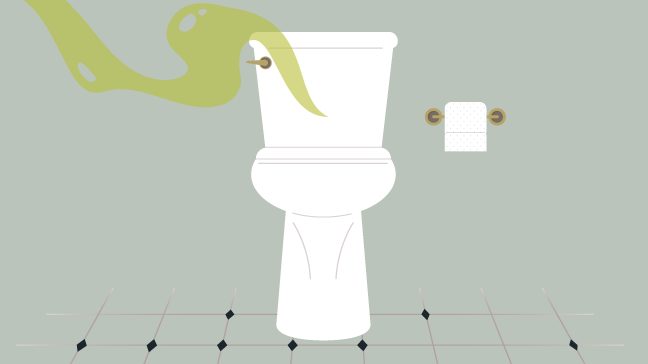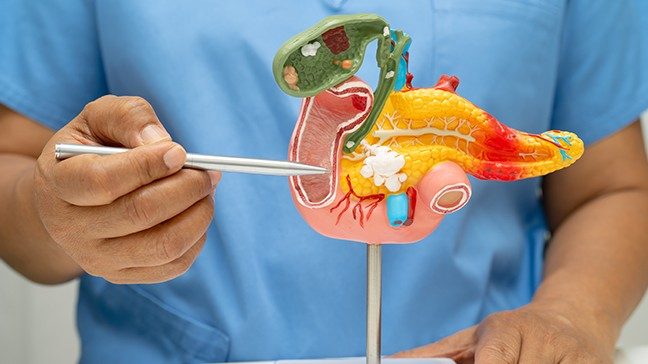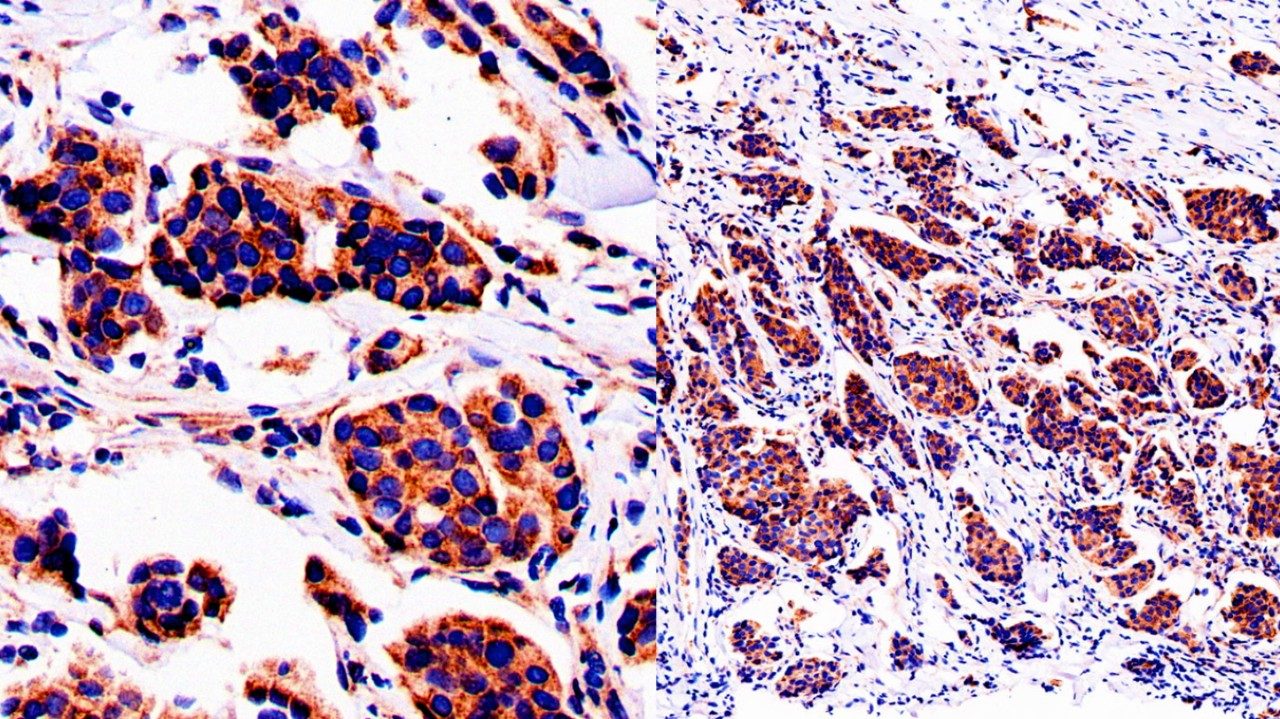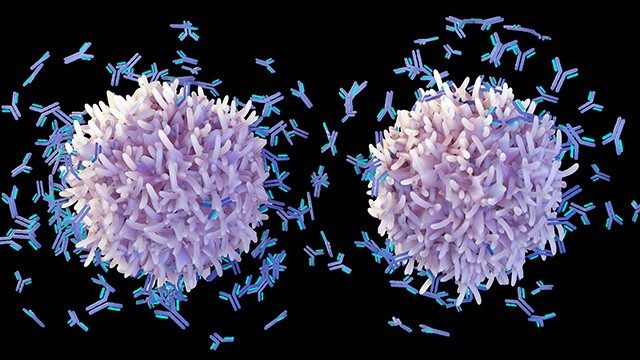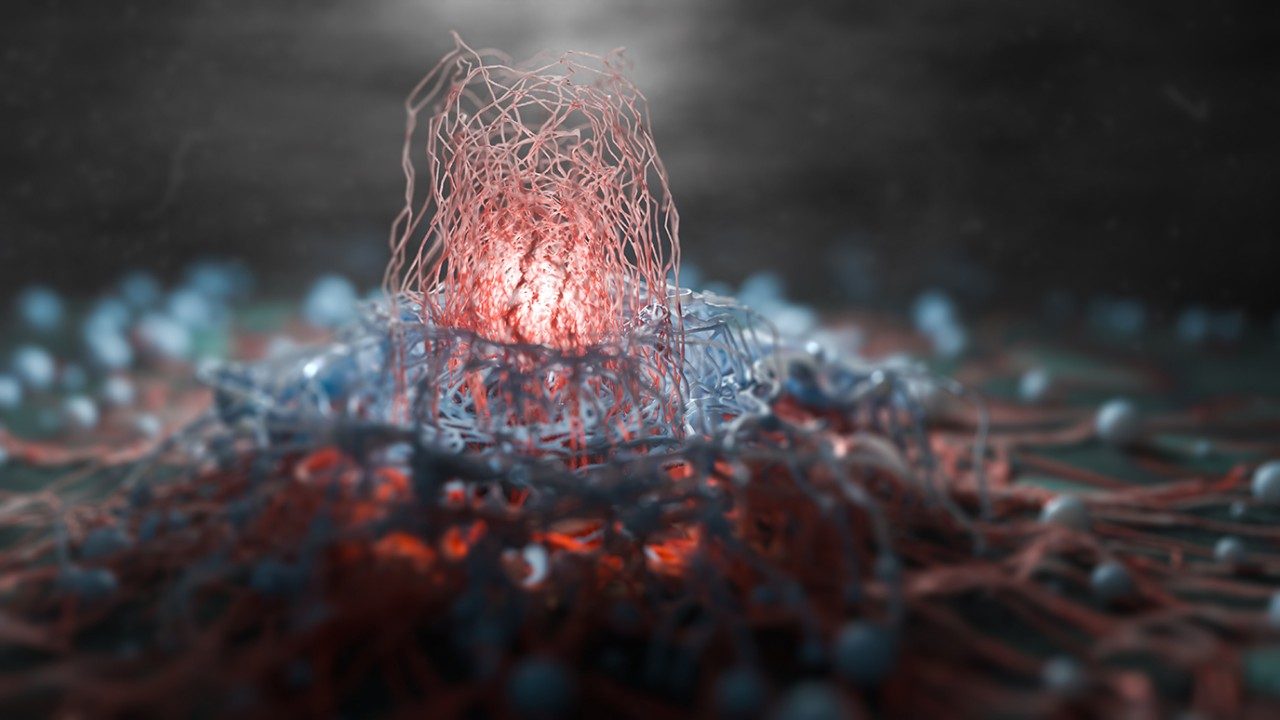
How to talk to your children about vaping
About 1.63 million American children under age 18 — roughly 6% of our youth population — reported vaping in 2024. That figure represents a significant drop since 2019, when almost 30% of young people in the U.S. reported using e-cigarettes.
But 1.63 million children vaping is still far too many. The nicotine in these products can disrupt their brain development, negatively impact their learning ability, and amplify their feelings of anxiety and depression.
So, how do you talk to your children about the dangers of vaping? Jennifer Cofer, Dr.P.H., executive director of EndTobacco™, and Mark Moreno, senior vice president for Governmental Relations and Health Policy at MD Anderson, explored this topic recently on our Cancerwise podcast. Here’s what they recommend.
Be prepared, and arm yourself with the facts
You never know when a child might pop up with an unexpected question about vaping. But if you’re caught off guard, you might not be able to make the most of the opportunity.
“That’s why the first thing I tell parents is to make sure you’re educated on the actual facts,” says Cofer. “99% of the devices on the market today contain nicotine. So, when your child says, ‘It's just water vapor,’ or ‘It’s just flavored water,’ you’ll be able to contradict that. Because it’s not true. There’s actually a lot of nicotine in these devices.”
Is foul-smelling poop ever a symptom of cancer?
Clinical psychologist: 7 ways to reduce excessive screen time
How art is shaping the patient experience at MD Anderson
Intrathecal chemotherapy: 10 questions, answered
Facing a pediatric brain tumor with a cheerful spirit
How to talk to your children about vaping
|
$entity1.articleCategory
|
|---|
|
$entity2.articleCategory
|
|
$entity3.articleCategory
|
|
$entity4.articleCategory
|
|
$entity5.articleCategory
|
|
$entity6.articleCategory
|
Find stories by topic
Find out everything you need to know to navigate a cancer diagnosis and treatment from MD Anderson’s experts.
Read inspiring stories from patients and caregivers – and get their advice to help you or a loved one through cancer.
Get MD Anderson experts’ advice to help you stay healthy and reduce your risk of diseases like cancer.
Learn how MD Anderson researchers are advancing our understanding and treatment of cancer – and get to know the scientists behind this research.
Read insights on the latest news and trending topics from MD Anderson experts, and see what drives us to end cancer.
Find out what inspires our donors to give to MD Anderson, and learn how their generous support advances our mission to end cancer.

